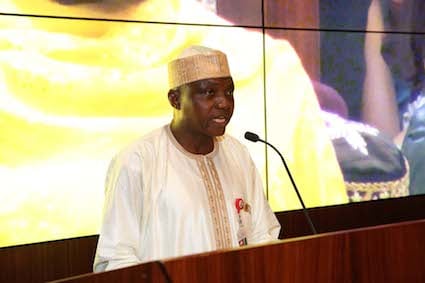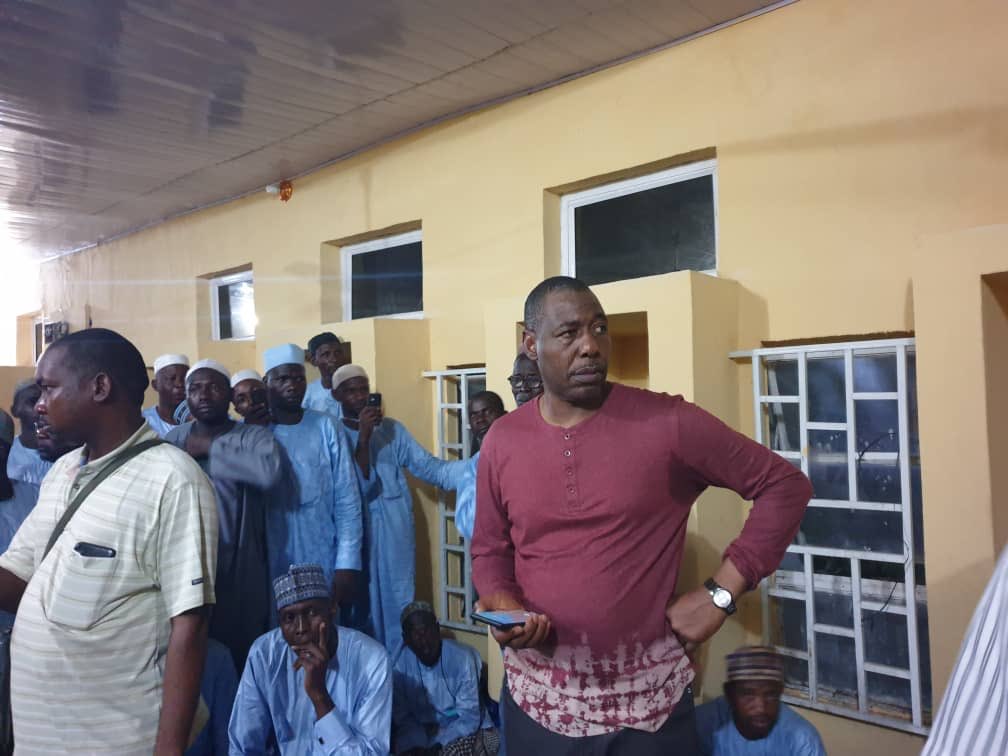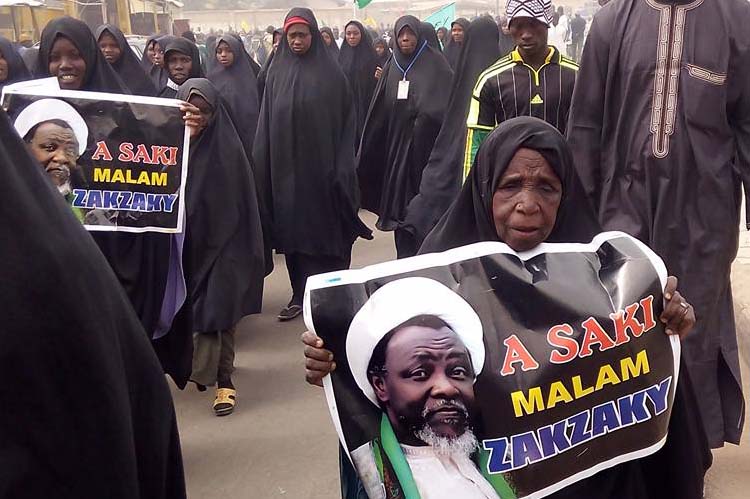Participants at the roundtable on national and security issues say the growing insecurity in the country is fuelled by economic crisis.
The roundtable organised by the Abdulsalami Abubakar Institute for Peace and Conflict Resolution in Minna, Niger state capital, had fifty distinguished Nigerians from different parts of the country in attendance.
The participants, according to a communiqué issued on Tuesday by Preye Nebechukwu, director of the institute, agreed that poverty still poses a danger in the ongoing fight against insecurity.
“The context for convening the meeting is the escalating tension and insecurities across Nigeria bordering on mutual intergroup suspicion, gangsterism, cultism, armed robbery and kidnapping among others which are fuelled by the proliferation of Small Arms and Light Weapons (SALWs),” the communiqué read.
Advertisement
“These have added to the existing threats associated with the Boko Haram crisis in the North East, potent acts of militancy in the Niger Delta, the recurrent herder-farmer conflicts, which have assumed alarming dimensions and the resurgence of separatist agitations in some pasts of the country.
“The participants were in agreement that every part of Nigeria is today bedevilled by one form of extremist violence or the other and that these conflicts are increasingly having corrosive effects on the Nigerian state. The causes of the insecurity include poverty arising from the economic crisis in the country and bellicose political activities, environmental scarcity in the far North, and the rising perception of injustice by ethnic and religious groups which are escalated by fake news and hate speeches.”
The participants also observed that the over reliance on the military in the conflict management often ignore the importance of dialogue and other non-coercive approaches to conflict management.
Advertisement
This in itself, the participants said, contributed to the escalation of conflicts across the country.
They also noted that the military has deficits in personnel and equipment needed to fight asymmetric warfare.
In their recommendations, the participants said all tiers of governments should create enabling environment for job creation to engage the teeming youth population.
They added; “all actors engaged in crop farming and livestock production should continually be enlightened to migrate from traditional to modern systems of agriculture to boost profits.
Advertisement
“The federal government should establish a National Mediation Council while the state governments should establish Harmony and Mediation Centres to foster peaceful co-existence and intergroup harmony.”
Earlier, Abdulsalami Abubakar, former head of state, had expressed worry over the growing insecurity in various parts of the country, calling for urgent action.
Add a comment







